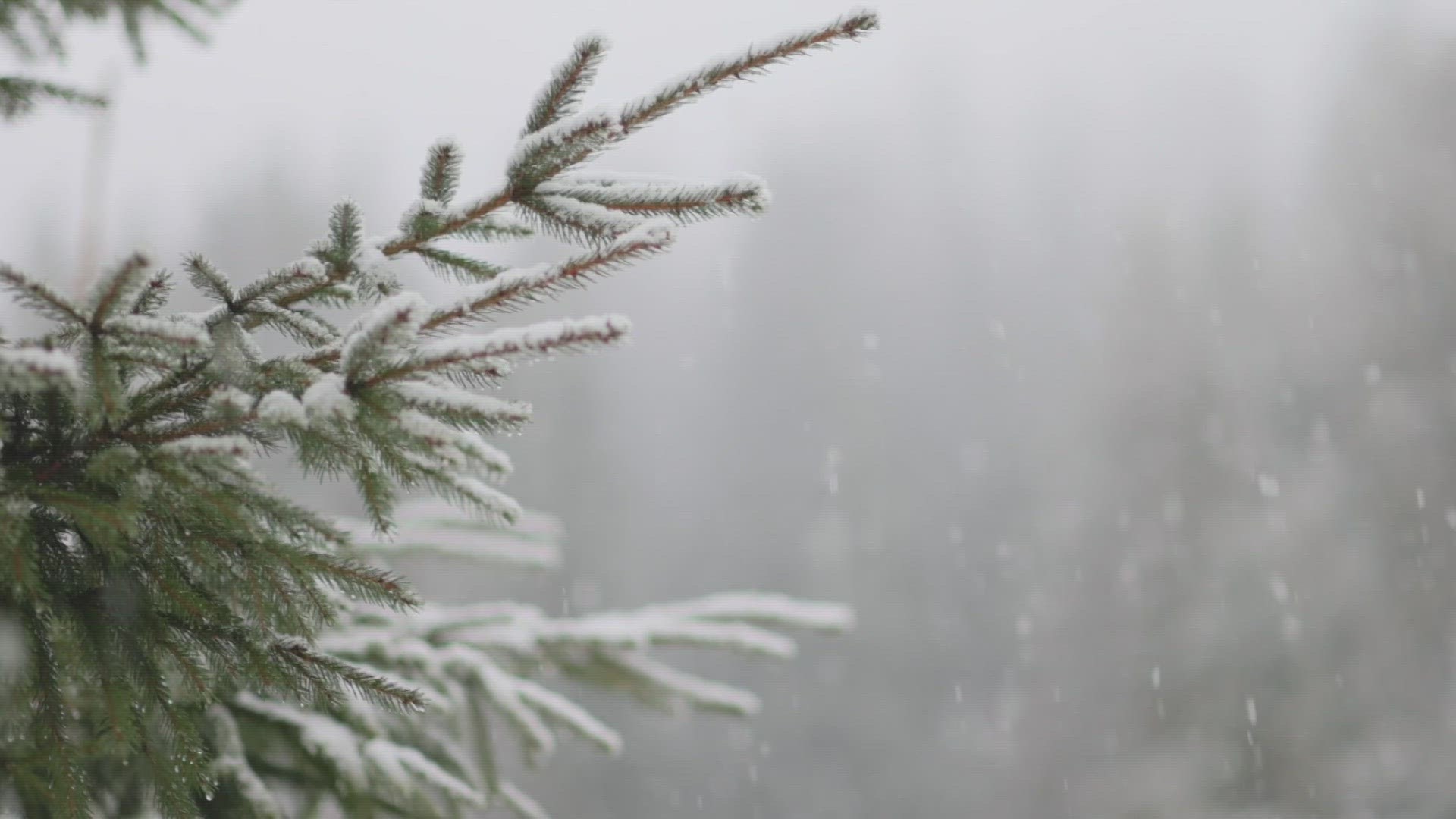DENVER — If you were born on leap day, Feb. 29, you have a dilemma over when to celebrate your birthday in a non-leap year by choosing Feb. 28 or March 1.
Meteorologists have a similar dilemma because Feb. 28 is the last day of winter in weather record keeping. So, is the weather that happens on leap day part of spring?
The National Weather Service chose to add an extra day of winter every four years, which can create a little chaos in recordkeeping, especially when it comes to snow.
Here’s a hypothetical example. Let’s say on leap day in 2012, instead of the 56-degree sunny day that happened in Denver, there was a nice big 14-inch snowstorm. Which is easily possible at that time of year.
That one extra day of snow would have catapulted the winter of 2011-2012 from 6th place to the snowiest winter in Denver in 100 years. A title that belongs to the 2006-2007 winter with 52.7 inches of snow.


Going even farther back into the history books, the 63.4 inches in the winter of 1913-1914 could have been beaten with a 23-inch storm on leap day of 2012.
But so far, leap day storms have not been very impressive. It has only snowed on six leap days in Denver history, and the biggest leap day snowstorm of all-time was just 2.4 inches in 1948.
And the weather for leap day 2024 is not looking too significant. There’s no snow or rain in the forecast. It will be warm but the warmest leap day of all time in Denver was 70 degrees in 1992.
The lowest leap day temperature of -9 degrees in 1960 is also safe from getting beaten.
SUGGESTED VIDEOS: Colorado Climate
9NEWS+
9NEWS+ has multiple live daily shows including 9NEWS Mornings, Next with Kyle Clark and 9NEWS+ Daily, an original streaming program. 9NEWS+ is where you can watch live breaking news, weather updates, and press conferences. You can also replay recent newscasts and find videos on demand of our top stories, local politics, investigations and Colorado specific features.
To download 9NEWS+ on Roku search for KUSA.
To download 9NEWS+ on Fire TV search for 9NEWS.

